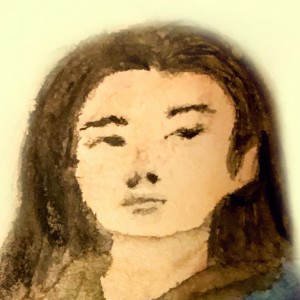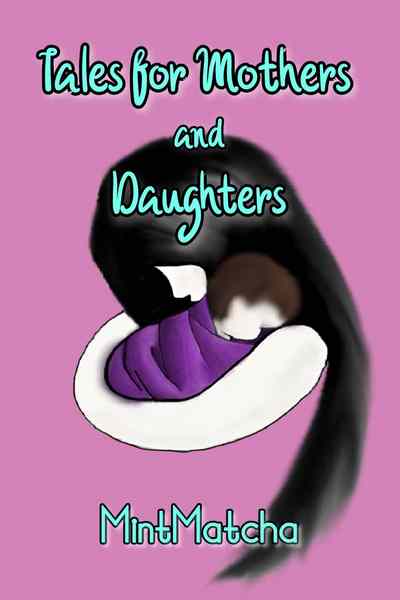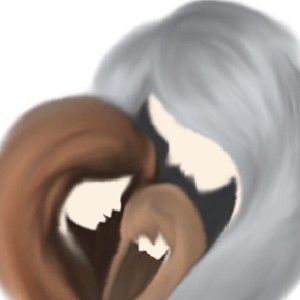As I’ve learned from being married, communication is a two-way street. I’d never learn anything about my mother if I didn’t open up to her. If she wasn’t going to initiate the conversation then it would have to be me who started it. It wasn’t going to be easy, I knew. Living your whole life without sharing certain things meant that Mum wouldn’t be used to sharing her innermost emotions.
Those feelings you bury deep inside you are the ones you fear will make you vulnerable. They’re things you fear your family might see as weaknesses. I considered this must’ve been the case for my mother, given the intensity of her past.
The game plan was to choose one thing at a time to ask about. I couldn’t just bombard Mum with every question I ever had. She might get scared and keep her guard up. I figured I’d start with the thing that had happened first, with the war that had been over fifty years ago.
A few weeks later I asked Mum to come over for a visit, just to see me and my daughter. She gladly came, full of excitement to see her first granddaughter for the first time since her birth. We had tea and biscuits, a British thing I’d grown up with cause of Mum’s background. Mum held my daughter in her arms, murmuring lovingly to her how beautiful she was and what a good girl she’d become.
For the first time in a long while I saw the mother I’d grown up with, the one whom I’d loved and still loved. She was this sweet, caring person who would drop everything for her children. She looked different now that she was in her sixties with her pixie cut and overly floral clothes but she was still my Mum. Only now I was a mother as well. I inhaled. I could do this. We could finally have that talk, mother to mother.
Mum handed my daughter back to me, who had fallen asleep. I rocked her gently close to my breast, my heart pounding at the cute sight of her. Mum took a sip of her tea and sighed, “She has your eyes.”
I hadn’t really noticed. “Yeah? I think she gets her nose from her father.”
“He’s a handsome man,” Mum mused. Sip.
“Mum,” I suddenly said, “I want to ask about your childhood.” The question, more like a request, hung in the air. Mum set her tea down and just stared at me. I could feel my heart beating faster, worrying over and over that she wasn’t going to tell me anything.
But finally she said, “Alright. What do you want to know?”
“The war,” I blurted out. “What was it like growing up during the war?”
For a while Mum was silent, her eyes downcast, genuinely thinking over what would be appropriate to say. What she said next made me realize why she’d kept it to herself all these years, why it wasn’t a part of herself that she could easily share.
“I lived in a tiny apartment in London with my two sisters–your aunties–and my parents,” she began slowly. She grasped the handle of her teacup as if holding on tightly so her memories wouldn’t overwhelm her. “It wasn’t easy growing up in the war, though I suppose we had it better than most. But, there were times when I wondered if we were going to survive it at all.”
She didn’t tell me very much the first time I asked, and for once I accepted that there were things she wasn’t ready to part with just yet. We continued our visit, changing the subject to happier things. We talked about my husband, his parents, my daughter, and me. These were all things that made Mum happy, things that could distract her from the painful memories she’d laid out before me.
Talking to your parents about harsh things is never easy. It took many visits over the years to learn my mother’s full story. She eventually told me how her mother was harsh and business-like, so she’d slap her daughters if they made too much noise during the air raids at night. She told me how her mother, my grandma, would have to salvage chicken bones for soup, as well as bits of mouldy cabbage because fresh produce was hard to come by. She also told me of how she basically slept in a cage every night to protect her from falling debris if a bomb ever went off nearby.
It was hard to listen to the things she told me. Learning who she was and what she had gone through changed how I saw her. She was a strong woman who had to bury her emotions in order to live on. It occurred to me that while some people see this as a sign of weakness, to Mum it was a sign of strength. She’d sheltered me from all the horrors she’d endured, things she hoped I’d never have to experience in my lifetime.
And those were just the things she told me about the war.











Comments (0)
See all